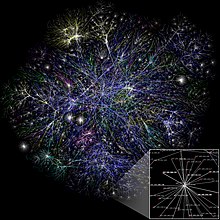
In compiler theory, dead code elimination (also known as dead code removal, dead code stripping, or dead code strip) is a compiler optimization to remove code which does not affect the program results. Removing such code has two benefits: it shrinks program size, an important consideration in some contexts, and it allows the running program to avoid executing irrelevant operations, which reduces its running time.
Dead code includes code that can never be executed (unreachable code), and code that only affects dead variables, that is, variables that are irrelevant to the program.
Examples ...